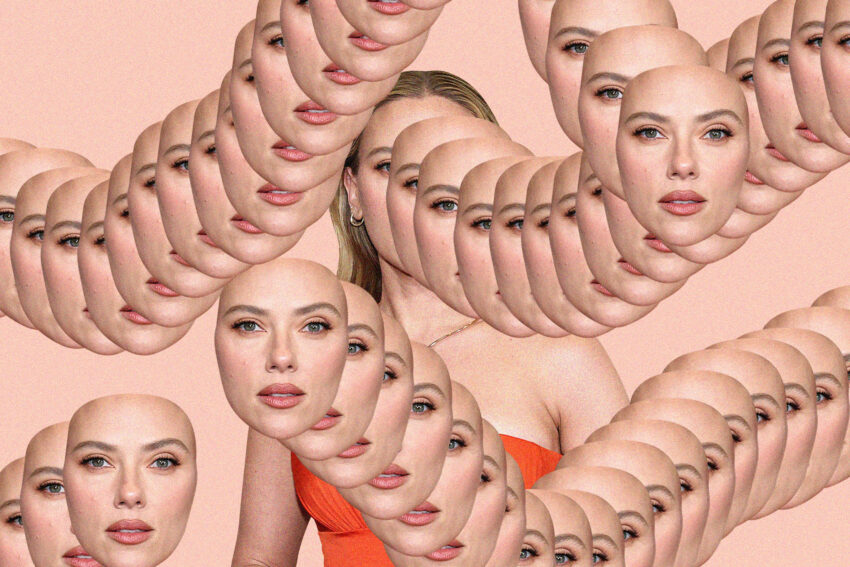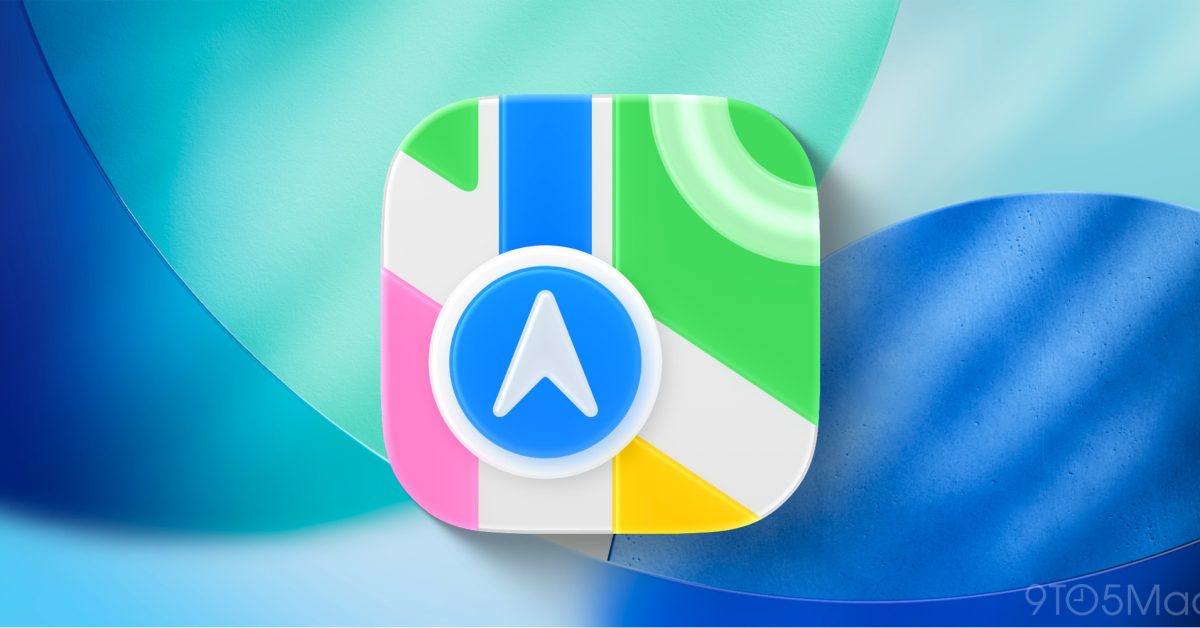
the next legal frontier is your face The emergence of AI-generated content is sparking significant legal and ethical debates surrounding the use of personal likenesses, particularly in the music industry.
the next legal frontier is your face
How It Started
The controversy began with the release of a song titled “Heart on My Sleeve.” At first listen, many might have mistaken it for a genuine track by the popular artist Drake. However, the reality was that this song was entirely generated by artificial intelligence, utilizing deepfake technology to mimic Drake’s voice. This incident marked the beginning of a new legal and cultural battle over the rights to one’s likeness in the age of AI.
The Rise of AI-Generated Content
AI-generated content has rapidly evolved, with advancements in machine learning and natural language processing enabling the creation of music, art, and even writing that closely resembles human output. The technology behind these creations, particularly in the music industry, raises critical questions about ownership, consent, and the ethical implications of using someone’s likeness without permission.
In the case of “Heart on My Sleeve,” the AI model was trained on existing music by Drake and other artists, allowing it to replicate their vocal styles and lyrical themes. This not only showcases the capabilities of AI but also highlights the potential for misuse. As AI tools become more accessible, the risk of unauthorized reproductions increases, leading to potential legal ramifications for both creators and platforms.
Legal Implications
The legal landscape surrounding AI-generated content is still in its infancy, and the case of “Heart on My Sleeve” exemplifies the challenges that lie ahead. The primary legal issues revolve around copyright infringement, the right of publicity, and the ethical use of AI technology.
Copyright Infringement
Copyright law protects original works of authorship, including music and lyrics. In the case of AI-generated songs, the question arises: who owns the copyright? The creator of the AI model, the user who generates the content, or the original artists whose work was used to train the AI? Current copyright laws do not adequately address these complexities, leading to uncertainty in the legal framework.
For instance, if an AI-generated song closely resembles an existing track, the original artist may have grounds for a copyright infringement claim. However, proving such a case can be challenging, as it requires demonstrating that the AI-generated work is substantially similar to the original. This ambiguity creates a legal gray area that could lead to numerous disputes in the future.
The Right of Publicity
The right of publicity grants individuals control over the commercial use of their likeness, including their name, image, and voice. This right varies by jurisdiction, with some states offering stronger protections than others. In the context of AI-generated content, the right of publicity becomes crucial, as unauthorized use of an artist’s likeness could lead to legal action.
In the case of “Heart on My Sleeve,” Drake and his representatives could argue that the AI-generated track infringes on his right of publicity. If successful, this could set a precedent for future cases involving AI-generated content, emphasizing the need for clear legal guidelines regarding the use of personal likenesses in AI applications.
Cultural Impact and Stakeholder Reactions
The release of “Heart on My Sleeve” has not only ignited legal debates but also sparked discussions within the music industry and among fans. Artists, producers, and record labels are grappling with the implications of AI-generated content on their work and livelihoods.
Artists’ Concerns
Many artists express concern over the potential for AI to undermine their creative efforts. The ability of AI to replicate their voices and styles raises fears of devaluation in their work. Artists like Drake may worry that AI-generated tracks could dilute their brand and artistic integrity, leading to a loss of control over their creative output.
Moreover, the potential for AI to generate music at a fraction of the cost of traditional production raises questions about the future of the music industry. If consumers can access AI-generated music that mimics their favorite artists, the demand for original content may decline, impacting artists’ revenue streams.
Industry Responses
Record labels and streaming platforms are also navigating this new landscape. Some companies are exploring ways to leverage AI technology to enhance their offerings, while others are implementing stricter policies to protect artists’ rights. For instance, platforms like Spotify and Apple Music may need to develop frameworks for identifying and managing AI-generated content to prevent unauthorized use of artists’ likenesses.
In response to the growing concerns, some industry stakeholders are advocating for clearer regulations surrounding AI-generated content. This includes calls for updated copyright laws that address the unique challenges posed by AI technology and the establishment of industry standards for the ethical use of AI in creative fields.
The Future of AI and Music
The intersection of AI and the music industry is likely to evolve rapidly, with both opportunities and challenges on the horizon. As technology continues to advance, the potential for AI-generated content will expand, raising further questions about ownership, ethics, and the role of human creativity.
Potential Benefits
Despite the concerns, AI-generated content also presents opportunities for innovation within the music industry. Artists can leverage AI tools to enhance their creative processes, experiment with new sounds, and collaborate with AI in ways that were previously unimaginable. This could lead to the emergence of new genres and styles, enriching the musical landscape.
Additionally, AI can assist in music production, helping artists streamline their workflows and reduce costs. By automating certain aspects of the creative process, artists may have more time to focus on their craft and explore new artistic directions.
Need for Regulation
As the technology continues to develop, the need for regulation becomes increasingly urgent. Policymakers, industry leaders, and artists must work together to establish guidelines that protect individual rights while fostering innovation. This could involve creating a legal framework that addresses copyright issues, the right of publicity, and ethical considerations surrounding AI-generated content.
Moreover, educational initiatives could help artists understand the implications of AI technology and how to navigate this evolving landscape. By equipping creators with the knowledge and tools to engage with AI responsibly, the industry can foster a more collaborative and ethical environment.
Conclusion
The case of “Heart on My Sleeve” serves as a wake-up call for the music industry and beyond. As AI technology continues to advance, the legal and ethical implications of using personal likenesses will become increasingly complex. It is crucial for stakeholders to engage in meaningful discussions about the future of AI in creative fields, ensuring that the rights of artists are protected while embracing the potential for innovation.
As we move forward, the intersection of AI and music will undoubtedly shape the future of the industry, prompting ongoing debates about creativity, ownership, and the role of technology in artistic expression.
Source: Original report
Was this helpful?
Last Modified: October 26, 2025 at 5:37 pm
4 views















